Spraying new roses?
kentstar
14 years ago
Related Stories

WINTER GARDENINGPruning Secrets for Exquisite Roses
Encourage gorgeous blooms year after year with this time-tested advice on how to prune your rosebush in winter for health and shape
Full Story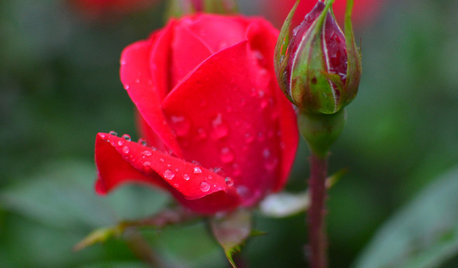
GARDENING GUIDESGreat Design Plant: Knock Out Roses
As glorious as their high-maintenance kin for a fraction of the work, Knock Out roses make even beginners look like garden stars
Full Story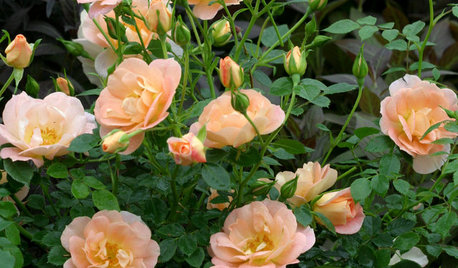
GARDENING GUIDES6 Wonderfully Easy Roses for Any Gardener
Look like an expert even if you're just starting out, with these low-maintenance gems of the rose world
Full Story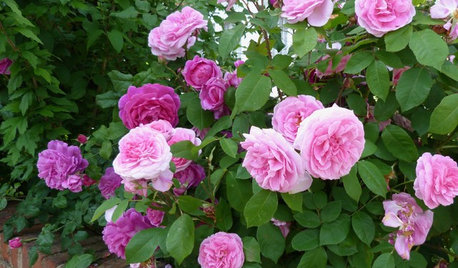
GARDENING GUIDESWhat Kind of Roses Should You Grow?
Want to add the beauty of roses to your garden? Find out which ones, from old-fashioned to modern, are right for you
Full Story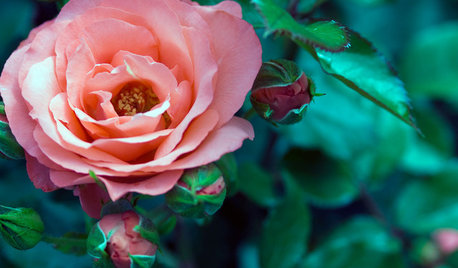
GARDENING GUIDESLearn the Secret to Bigger and Better Roses
Grow beautiful roses using both ordinary and unusual soil amendments
Full Story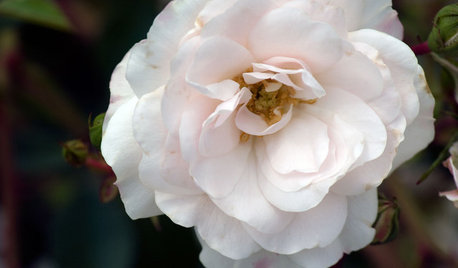
GARDENING GUIDES5 Favorite White Roses for a Purely Beautiful Garden
How does your garden glow? With roses that look like light and smell divine
Full Story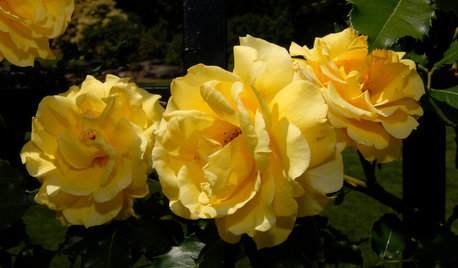
GARDENING GUIDES5 Favorite Yellow Roses for a Joyful Garden
Make 'cheery' the name of your garden game when you order your roses sunny side up
Full Story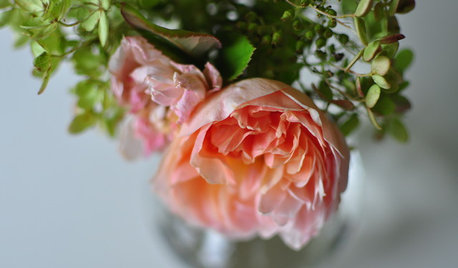
GARDENING GUIDESRoses: Crowning Touch of Gardens
Whether you're the Miss or Mister America of gardening or take a hands-off approach, roses can be a winning addition to your landscape
Full Story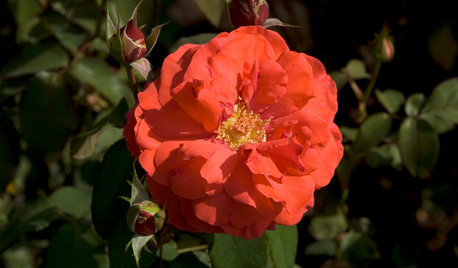
GARDENING GUIDES6 Captivating Roses for an Alluringly Fragrant Garden
Perfume your garden with aromas from richly spicy to lightly sweet, without sacrificing an inch of color
Full Story
LANDSCAPE DESIGNMake Your Roses Even More Beautiful With These Companion Plants
Nourish your rosebushes and create a visual feast with these 7 classic and unexpected plant pairings
Full Story


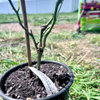
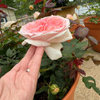
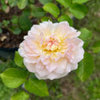
catsrose
mike_rivers
Related Discussions
What's the problem here with my William Baffin? pics
Q
spray cocktail roses left over spray how to dispose of
Q
How long to wait to spray Cornell on new roses?
Q
Best organic spray(s) for roses
Q
mad_gallica (z5 Eastern NY)
athenainwi
kentstarOriginal Author
mike_rivers
michaelg
dublinbay z6 (KS)
kentstarOriginal Author
mad_gallica (z5 Eastern NY)
michaelg
kentstarOriginal Author
michaelg
susz52
kentstarOriginal Author